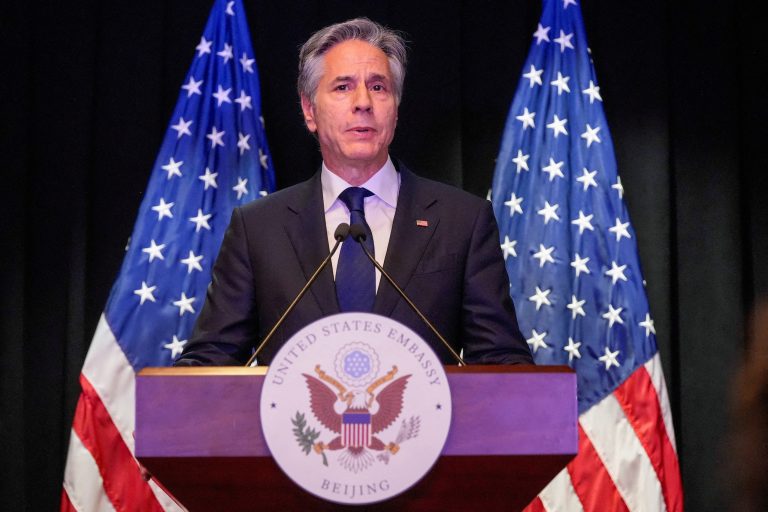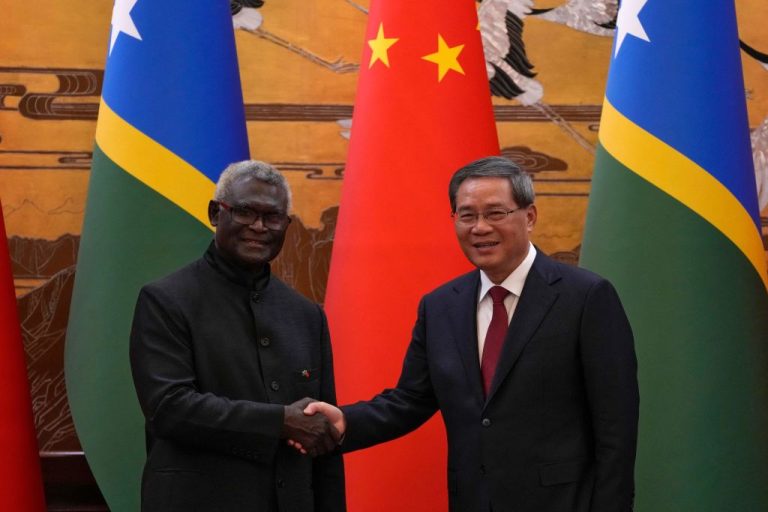In the latest display of diplomatic tensions between Washington and Beijing, U.S. Secretary of State Antony Blinken traveled to China to engage in high-stakes discussions with top officials in Beijing and Shanghai.
The visit, which first saw Blinken arrive in the financial hub of Shanghai on April 24, is laden with a complex political agenda. Despite previous engagements that saw a dip in outright hostilities, the backdrop of this visit is anything but smooth-sailing, experts note.
“It seems like Blinken is here to issue an ultimatum to China,” said Li Haidong, a professor at the China Foreign Affairs University in Beijing. “We will not give in to him, and [we] will not compromise on our core issues.”
While in Shanghai, Blinken emphasized the vital need for a “level playing field” for U.S. businesses operating in China — a recurring theme that underscores America’s concerns over China’s trade policies and its non-market economic practices.
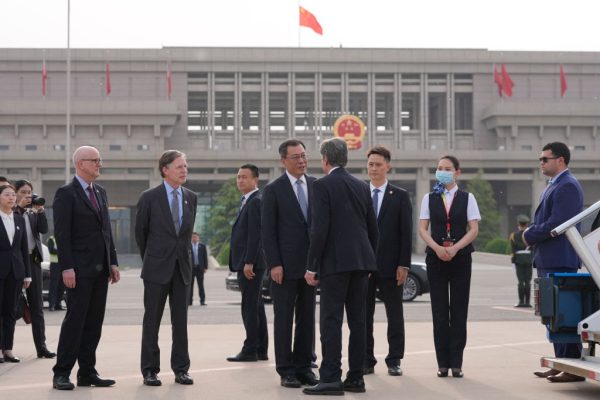
RELATED: China’s Overseas Product Dumping: Addressing Unfair Competition Caused by Systemic Differences
On the agenda
Success
You are now signed up for our newsletter
Success
Check your email to complete sign up
Blinken’s agenda in China also includes pressing issues, including China’s alleged support of Russia’s military efforts in Ukraine.
While China has avoided providing direct military and tactical support to its northern neighbor and ally, U.S. officials have raised alarms over Chinese firms supplying “dual-use technology” that could bolster Russian military capabilities. This aspect of Blinken’s visit underscores a broader U.S. strategy to curb any actions by China that could threaten U.S. and European security, notes the State Department.
“The two sides reaffirmed the importance of ties between the people of the United States and (China), including the expansion of exchanges between students, scholars, and business,” the State Department said in a statement ahead of Blinken’s visit.
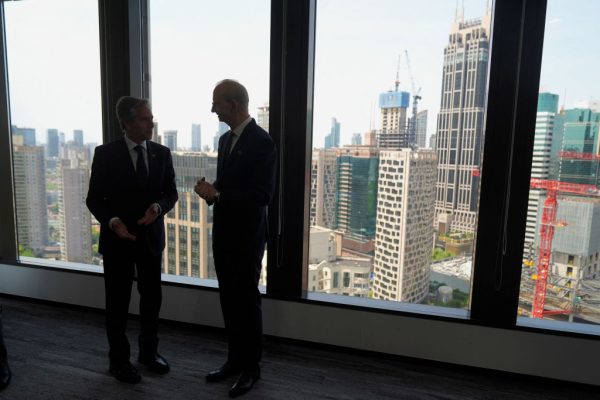
State-run Chinese media have expressed skepticism about the outcomes of Blinken’s visit, pointing out the profound disagreements that persist — particularly regarding the conflict in Ukraine and the broader geopolitical tensions in the Middle East.
Aside from the high-level meetings, Blinken’s visit also involved interactions with American and Chinese students at New York University’s Shanghai campus. While there, Blinken spoke of the value of intercultural interactions, hinting at softer diplomacy efforts aimed at mutual understanding and growth.
Not mincing words
During a meeting with Chen Jining, one of China’s top officials in Shanghai, Blinken did not mince words. He highlighted problematic areas in U.S.-China economic relations, stressing that the United States seeks “healthy economic competition” with the People’s Republic of China (PRC).
“I think it’s important to underscore the value — in fact, the necessity — of direct engagement, of speaking to each other, laying out our differences, which are real, seeking to work through them,” Blinken reportedly told Chen according to the State Department’s statement.
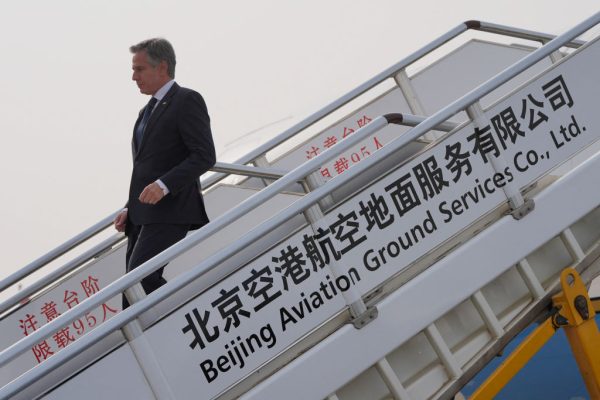
The response from China was typical, with Chinese Foreign Ministry spokesman Wang Wenbin reiterating China’s commitment to market principles and international laws. “We hope the U.S. will also earnestly respect the principle of fair competition, abide by the WTO rules, and work with China to create favorable conditions for the sound and stable development of China-U.S. economic and trade relations,” said Wang during a daily briefing.
“It is extremely hypocritical and irresponsible for the US to introduce a large-scale aid bill for Ukraine while making groundless accusations against normal economic and trade exchanges between China and Russia,” added Wang.
On the TikTok issue
However, the visit was also shadowed by significant tensions, not least due to recent U.S. legislative moves. As Blinken touched down, U.S. President Joe Biden signed a bipartisan bill allocating substantial funds to counter China’s military influence and bolster Taiwan’s defenses. Furthermore, the bill included provisions that could see TikTok banned in the U.S. if its Chinese parent company, ByteDance, does not divest it.
MORE ON TIKTOK’S POTENTIAL BAN IN THE US: Biden Signs Law Granting Massive $95 Billion Foreign Aid Package, Passes TikTok Bill
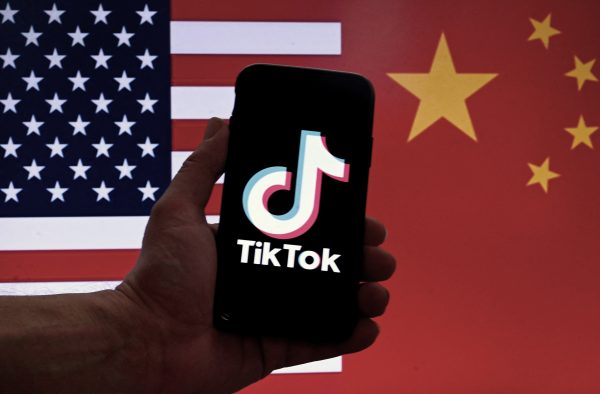
The meetings in Beijing, involving Blinken, Foreign Minister Wang Yi, and potentially President Xi Jinping, are expected to be charged. These discussions will likely address several thorny issues, from trade to military tensions, and the ever-sensitive topic of Taiwan. Each topic holds considerable weight, capable of influencing the future trajectory of U.S.-China relations.
Moreover, this visit occurs under the looming shadow of the upcoming U.S. presidential elections, where rhetoric on China is expected to be a significant factor. This adds an additional layer of urgency and complexity to Blinken’s mission, as any misstep could have far-reaching implications.
“We have an obligation for our people, indeed an obligation to the world, to manage the relationship between our two countries responsibly,” said Blinken. “That is the obligation we have, and one that we take very seriously.”






